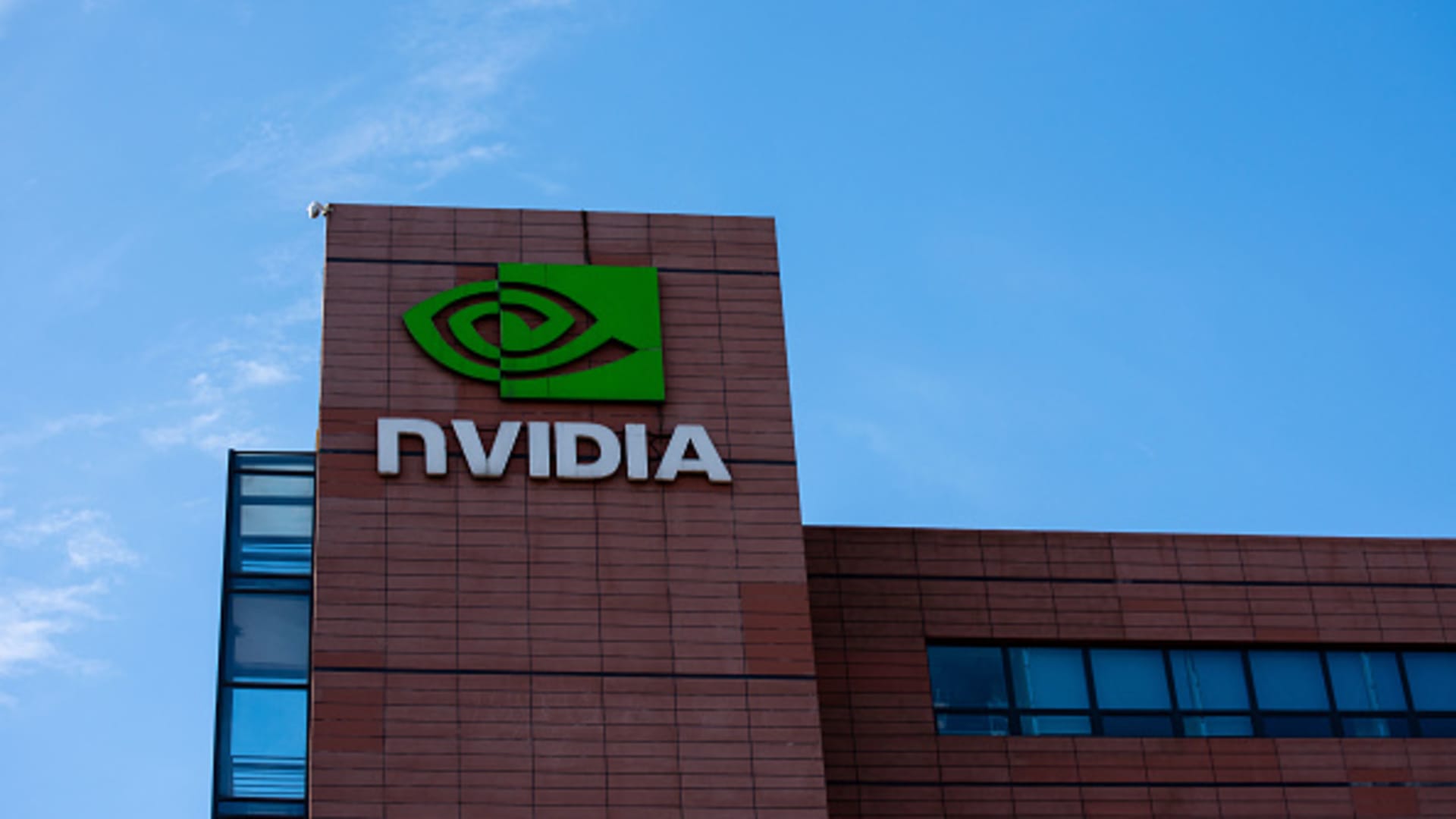The significance of artificial intelligence (AI) as a driving force for the future of both markets and the economy was solidified by Nvidia’s impressive profit report. AI is set to become a factor in various aspects of people’s lives, from personalized shopping to self-driving cars and healthcare robotics. Nvidia’s strong financial performance has positioned the company among the elite tech leaders, with a market valuation nearing $1 trillion. According to Steve Blitz, chief U.S. economist at TS Lombard, AI is not a passing trend but a reality that will bring interesting changes to the economy in the next few years. These changes may include reduced demand for foreign labor and the automation of tasks, such as coding and creative writing.
OpenAI’s development of ChatGPT, a chatbot that engages in conversations with users, has demonstrated the potential of AI. The value and impact of AI are difficult to overstate, especially as the next decade will see technology applied in diverse ways, extending beyond conventional devices like computers and phones.
For Nvidia, the benefits of AI are already apparent. The company reported earnings of $1.09 per share and revenue of $7.19 billion, which exceeded Wall Street estimates. Additionally, Nvidia expects sales of $11 billion for the current quarter, primarily driven by its leading position in the AI chip-supplying business. As a result, the company’s shares surged over 26% and its market value surpassed $950 billion.
However, the broader market response was underwhelming, with the Nasdaq Composite and S&P 500 showing modest gains. Investor concerns about an economic slowdown and ongoing debt ceiling negotiations in Washington overshadowed the positive impact of AI. The market’s reaction serves as a reminder of the slow adoption of technological benefits throughout the economy.
Despite the potential cost-saving advantages of AI, companies that could benefit, such as small-cap stocks, were experiencing losses. This discrepancy raises questions about whether AI is diverting spending from other areas of the economy, especially considering the overall economic challenges faced by companies like Microsoft, Google, and Amazon. It is important to acknowledge that the benefits and spillover effects of AI on the economy will take several years, if not decades, to fully manifest.
It is worth noting that not all companies have reaped the rewards of AI. Analysis conducted by DataTrek Research shows that the collective valuation of nine AI-related companies that went public within the past three years has decreased by 74% from their initial levels. However, large tech companies, including Nvidia, have seen a surge in their stock prices. This indicates that big tech companies have been the primary beneficiaries of the AI hype and have the ability to leverage their global scale and competitive advantages.
In summary, AI is undoubtedly set to shape the future in numerous ways. While some companies have already reaped the benefits, others may face challenges in capitalizing on AI’s potential. The broader impact on the economy will take time to materialize, and careful observation and analysis are necessary to fully understand and navigate the implications.
Denial of responsibility! VigourTimes is an automatic aggregator of Global media. In each content, the hyperlink to the primary source is specified. All trademarks belong to their rightful owners, and all materials to their authors. For any complaint, please reach us at – [email protected]. We will take necessary action within 24 hours.


